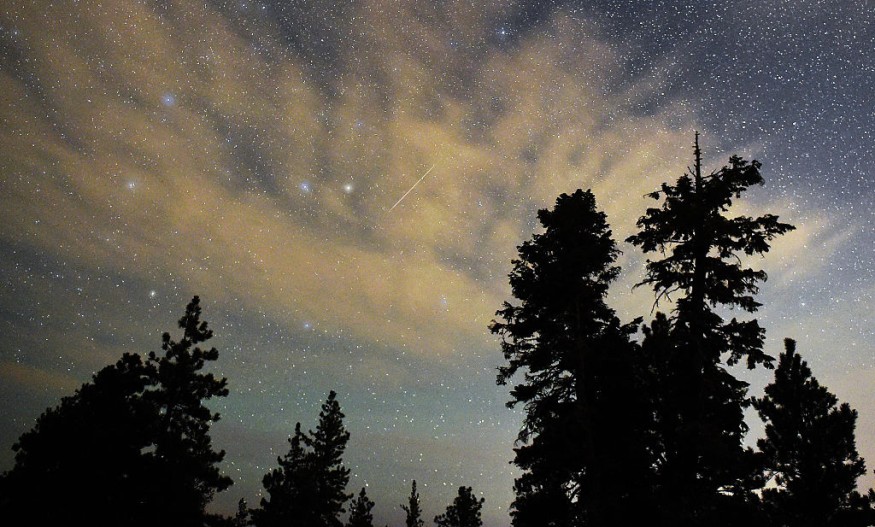Thanks to cutting-edge advances in physics, the Universe's actual age has become a hotly discussed subject in recent years. Until recently, scientists agreed that the cosmos developed between 12 and 14 billion years ago after the Big Bang.
Experts debated the Universe's birthday about two years earlier after scientists noticed a star 0.7 billion years older than the Universe itself. In July of last year, studies reported in the Astronomical Journal suggested that the Universe is far younger at around 12.6 billion years of age.
Astronomers have already looked at the earliest studies to decide that the Universe takes 40 million years to reach around 13.77 billion-years-old.
In a paper released on 30 December in the Journal of Cosmology and Astroparticle Physics, experts presented the Universe's new birth date.
How Did Astronomers Find Out About Cosmo's Age?

Astronomers gathered new data on the Universe's age through Chile's National Science Foundation's Atacama Cosmology Telescope.
The latest data has been compared with previous Universe observations from the European Space Agency's (ESA's) Planck satellite, which detected Big Bang's traces between 2009 and 2013.
The knowledge often tends to comply with the Universe's generally recognized standard model.
By studying the Universe's oldest stars and the rate at which space is expanding, astronomers came up with this number.
The second technique includes something known as the constant of Hubble, which is the expansion rate of the Universe that is established - but often disputed.
This rate is named after the American astronomer Edwin Hubble, who verified the expansion of space between galaxies by observations in the early 20th century.
What NASA Has to Say About The New Study
According to the US space agency, NASA, astronomers will reverse-engineer this constant way back to the Big Bang to extrapolate the cosmos' era.
And still, in recent years, various strategies of narrowing down the Hubble constant have produced very distinct outcomes.
For example, in 2019, a team of astronomers discovered that the Universe could be hundreds of millions of years younger than Planck's prediction.
Simone Aiola, a researcher at the Center for Computational Astrophysics of the Flatiron Institute, said that astronomers have now come up with an explanation that Planck and ACT agree with.
Aiola said the report points to the reality that these daunting calculations are precise.
However, other scholars have cautioned that there are so several concerns that are yet to be addressed regarding the era of the Cosmos.
And because of the crazy irregularities astronomers keep discovering in their calculations, chances are our astrophysical model of the Universe could require reassessing in the future.
Check out more news and information on Space on Science Times.










